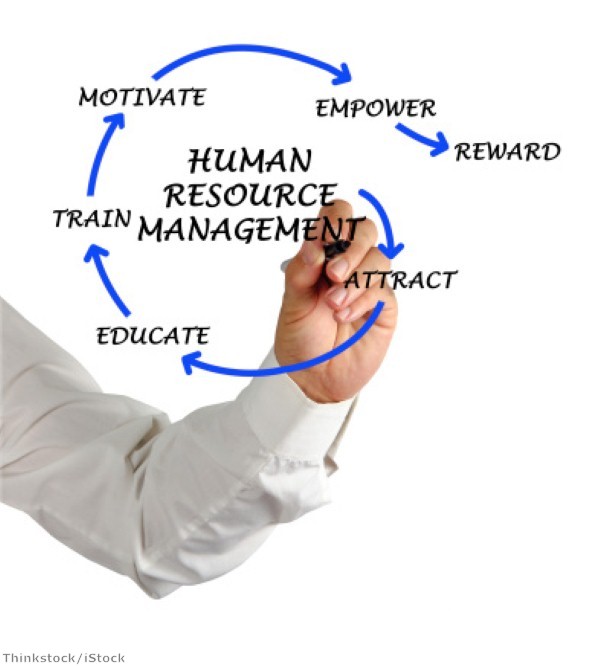A major new initiative has been launched to develop a new framework to ensure that organisations value talent sufficiently.
The Chartered Institute of Personnel Development (CIPD) launched the Valuing your Talent scheme at the organisation's annual conference last month and CIPD chief executive Peter Cheese believes it is time for more consistency of measurement across organisations and agreed reporting frameworks.
Writing in Personnel Today, Mr Cheese outlined the challenges facing businesses and corporate culture in the present climate; including the need to raise productivity, which remains low, the need to improve the country's skills base, and the need to harness diversity.
In order to overcome these challenges, an adequate understanding of the people that make up organisations is necessary. Although much is being done to address these issues, HR departments are hampered by the lack of a common framework of measurement.
The CIPD chief executive also called for an understanding of the people risks involved at the heart of business problems such as the failings of the financial sector. Organisations have failed to come up with a definition of the "intangible" assets they possess, despite having a better grasp of the "tangible" assets.
Mr Cheese lamented the lack of a common understanding regarding even the fundamentals of HR: "It is extraordinary that we do not even have common definitions for headcount – often leading to disagreement between finance and HR as to what the real number is."
The Valuing your Talent initiative is designed to develop such a common framework. "Our goal is to build on prior work and the many sources of practice and research to develop a common and open framework for understanding, valuing and reporting of key human capital metrics and links to outcomes," the CIPD chief executive commented.
Its development will take account of measurements from the basics of workforce composition to organisational development and capabilities such as leadership.
Mr Cheese conceded that not all of the data would be amenable to scientific measurement, adding there is still an element of "art" involved in HR. He claimed, however, this need does not prevent the development of a common language for HR or an improvement in measurement techniques.

